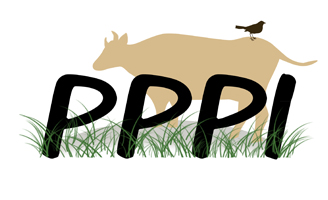Pasture Patrons in an untenable position as deadline looms
The Community Pasture Patrons Association is today issuing a public call for pastures slated for closure this fall to be given the option of a one year delay allowing for outstanding issues to be resolved.
Pasture patron groups are being asked to develop business plans and structure which must be approved by government by the fall of this year. To date there are many central business questions the two levels of government have not resolved leaving patrons with too many unknowns to make sound business decisions. Many of the first 10 pastures set to close have land classified as Federal non reversionary land of which the future is not determined. Federal non reversionary lands are those land which will not be turned back to the province and may not be available as part of the pasture in the future. For a number of the first ten pastures in Saskatchewan it has been determined that the headquarters are on non reversionary land. It is not reasonable to expect patron groups to build a business case without knowing what land will be available.
In addition to not being certain which lands will be available, many other asset and liability questions remain unanswered. Governments have not determined the future of all assets which are non fixed assets, including bulls, machinery and other equipment. Patrons wishing to develop a business plan do not know if they can include these assets in their planning.
Government ministers have assured the public that species at risk will be enforced on these lands. To date there has been no information as to whose responsibility it will be to fulfill this guarantee. Invasive and noxious weeds represent a large potential liability and there has been no progress on determining how these costs will be covered. In many pastures, decommissioning of old water wells remains outstanding with the associated liabilities. Patron groups are being asked to submit proposals without all of the associated risks and liabilities being understood.
“Farmers and ranchers are being asked to put their money and time on the line to save their pastures from sale to a third party while governments are not in a position to provide the information needed to develop a plan”, said Ian McCreary, chair of CPPAS .
“Pasture Managers and PFRA staff who are key to the long term sustainability and management of these pastures have been given layoff notices by government. Patron groups will need these managers to be successful yet governments are making it impossible to provide these people any assurance that a job will be available.” said Clint Christianson of Bracken Sask
“The community pasture system has been in place for three generations. It is not reasonable for governments to expect patrons to pull together business plans during the four busiest months of the growing season especially in light of the list of outstanding issues yet to be resolved by governments. said Joanne Brochu a cattle producer and patron from Colonsay.
The Community Pasture Patrons Association of Saskatchewan (CPPAS) is a newly formed patrons organization representing the majority of pasture patrons working together to develop viable long term plans for the sustainable future of community pastures.
——-
And an article on the issue from the Leader-Post.
Tags: cppas, environment, pasture, PFRA, saskatchewan, science

